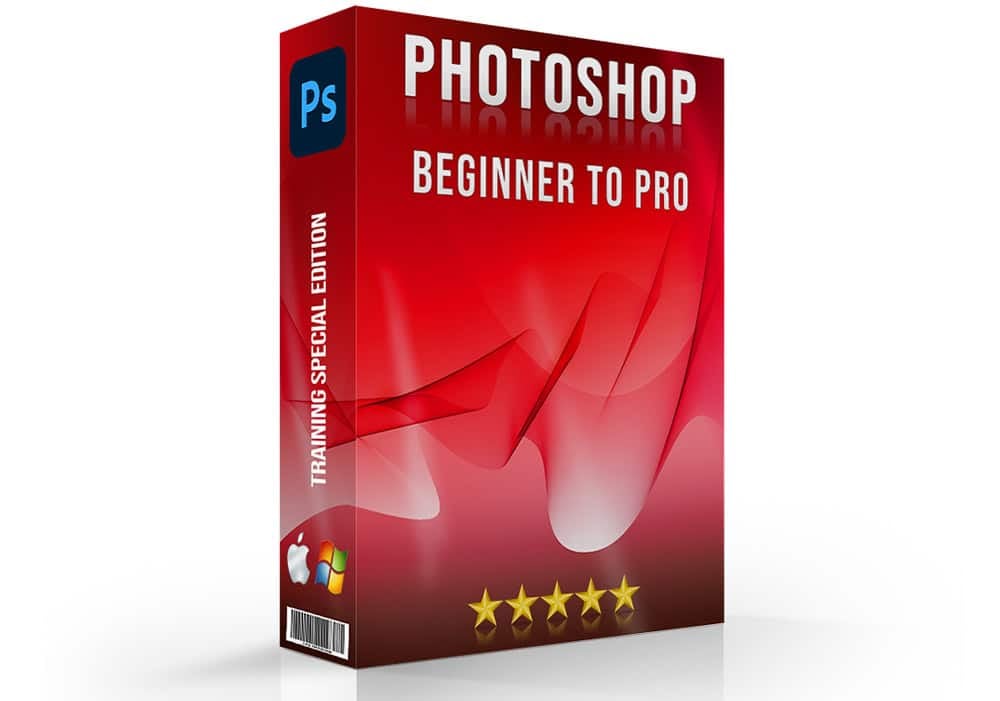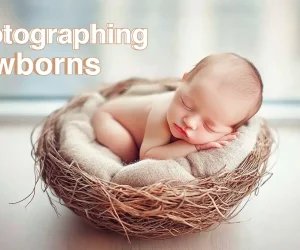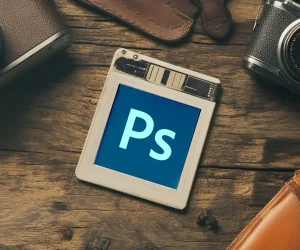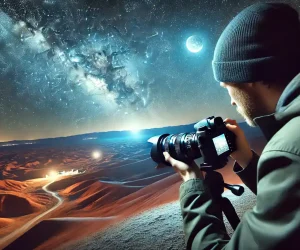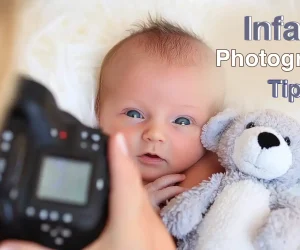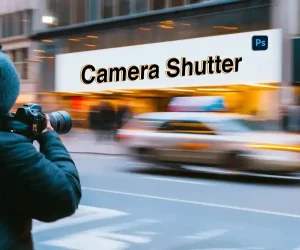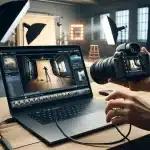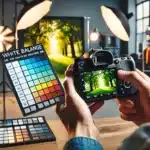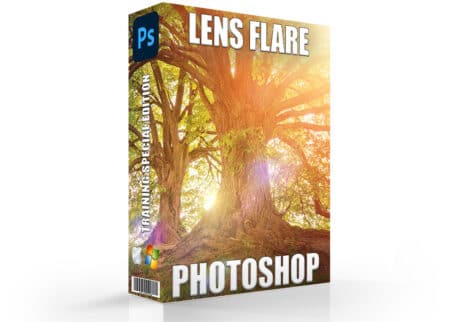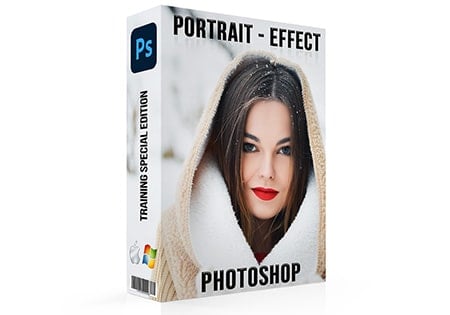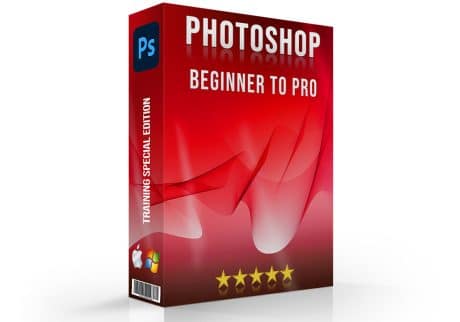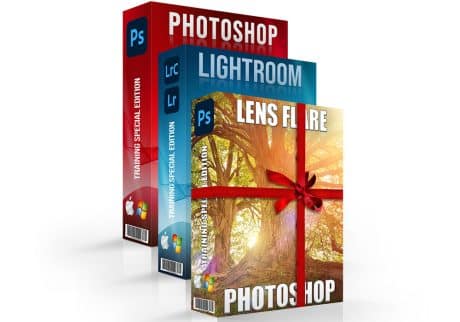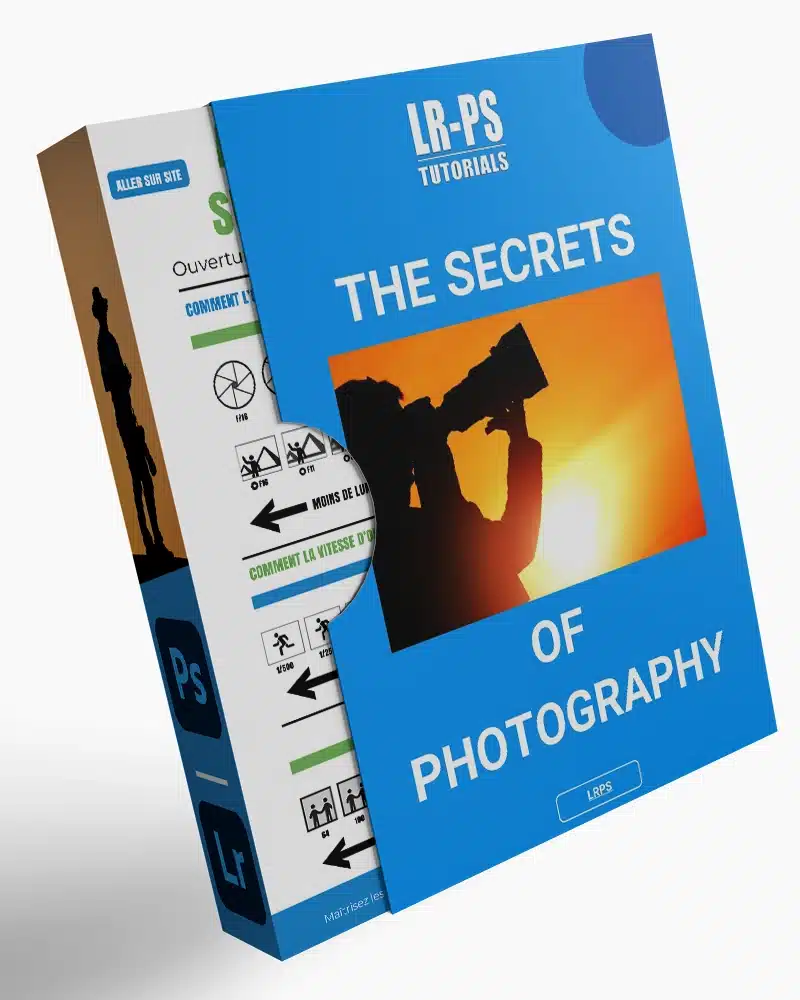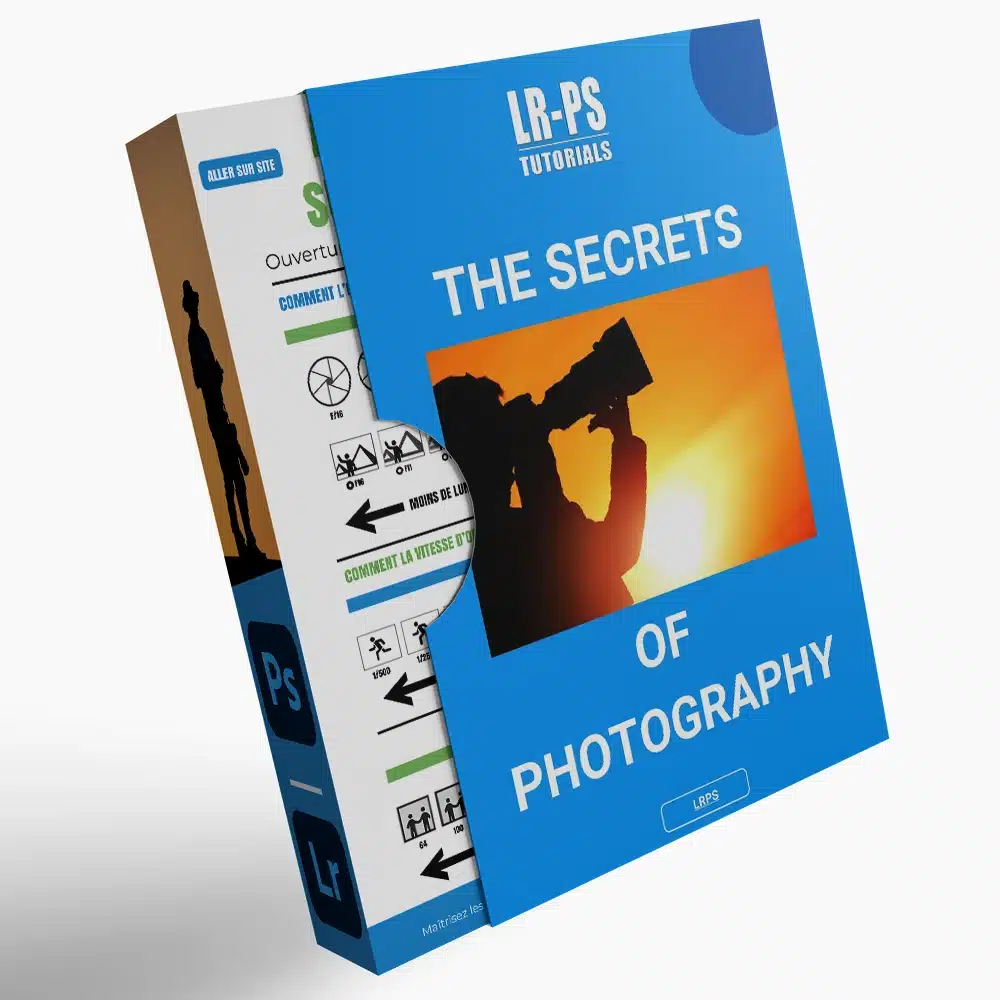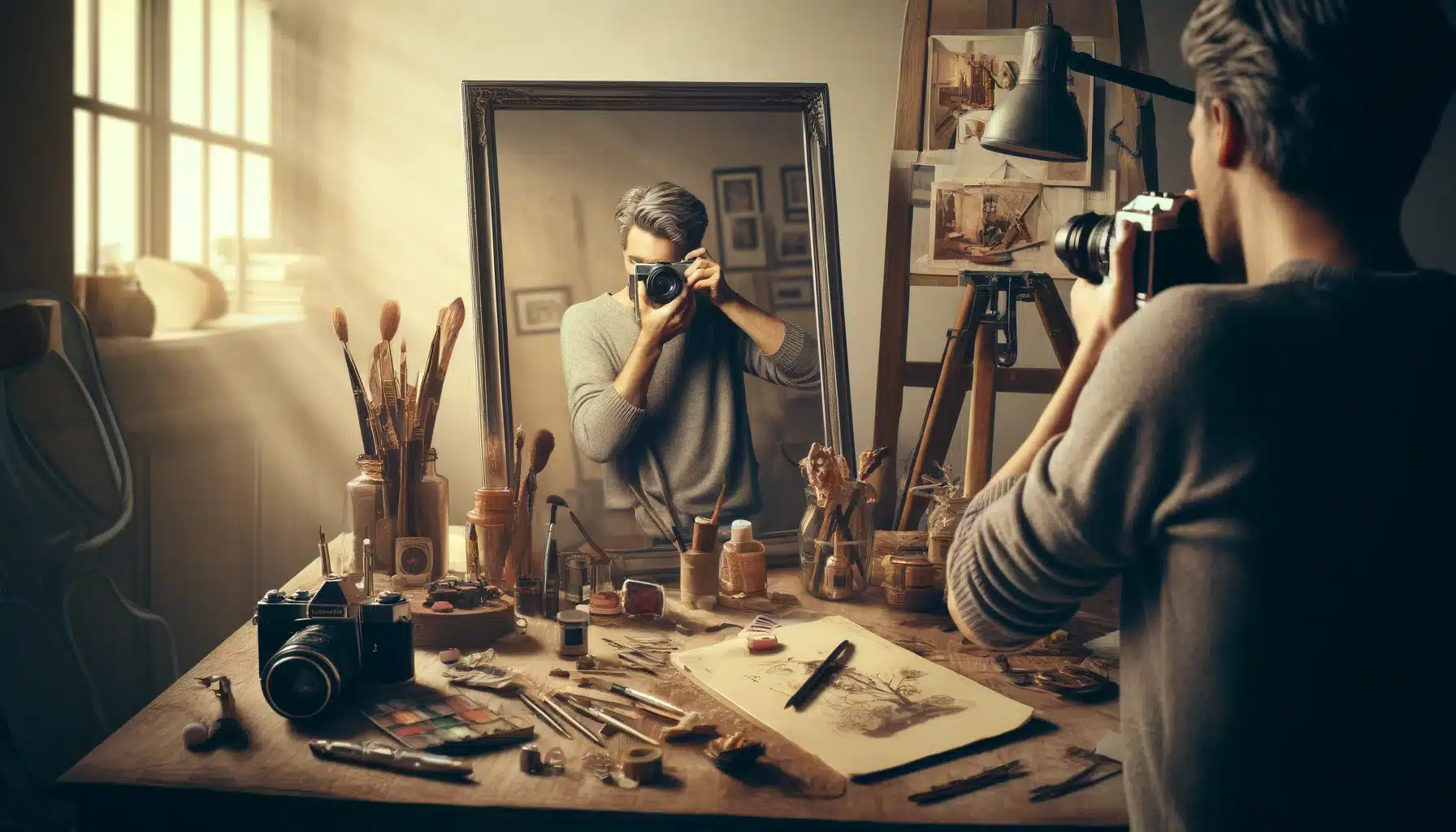
Introduction to Self Portrait Photography Ideas
Self portrait photography is when you take photos of yourself. It’s like being both the photographer and the model. It’s not just about taking a regular selfie; it’s about using your camera to tell a story about yourself. Learning creative self portrait photography ideas can help you start this fun journey.
This article is your guide to becoming great at self portrait photography. You will learn about artistic self portrait techniques and discover plenty of cool ideas to try out. Whether you are a beginner or have been taking photos for a while, you will find new ways to enhance your skills and make your pictures stand out.
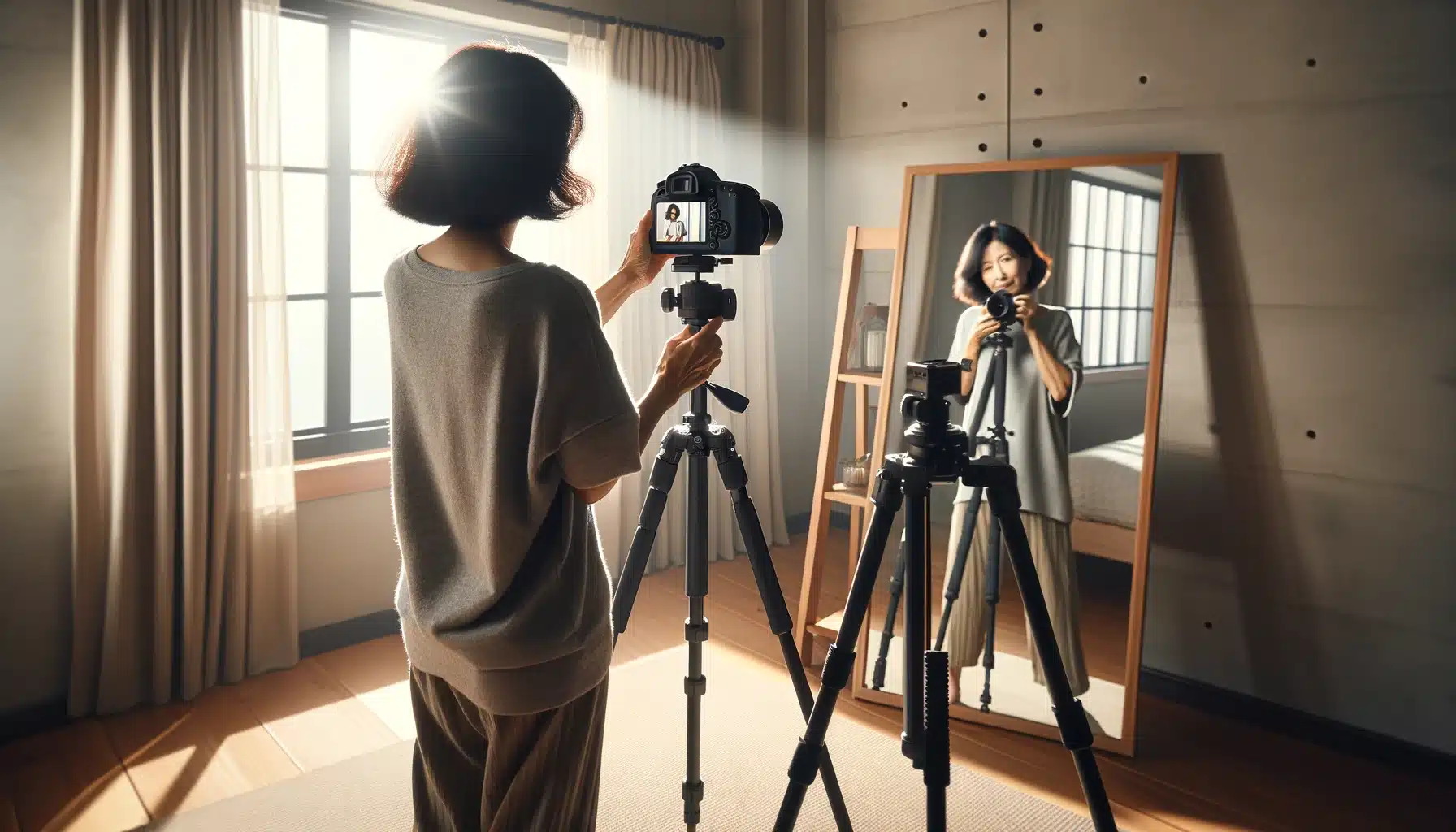
Table of Contents
What You Need for Self Portrait Photography
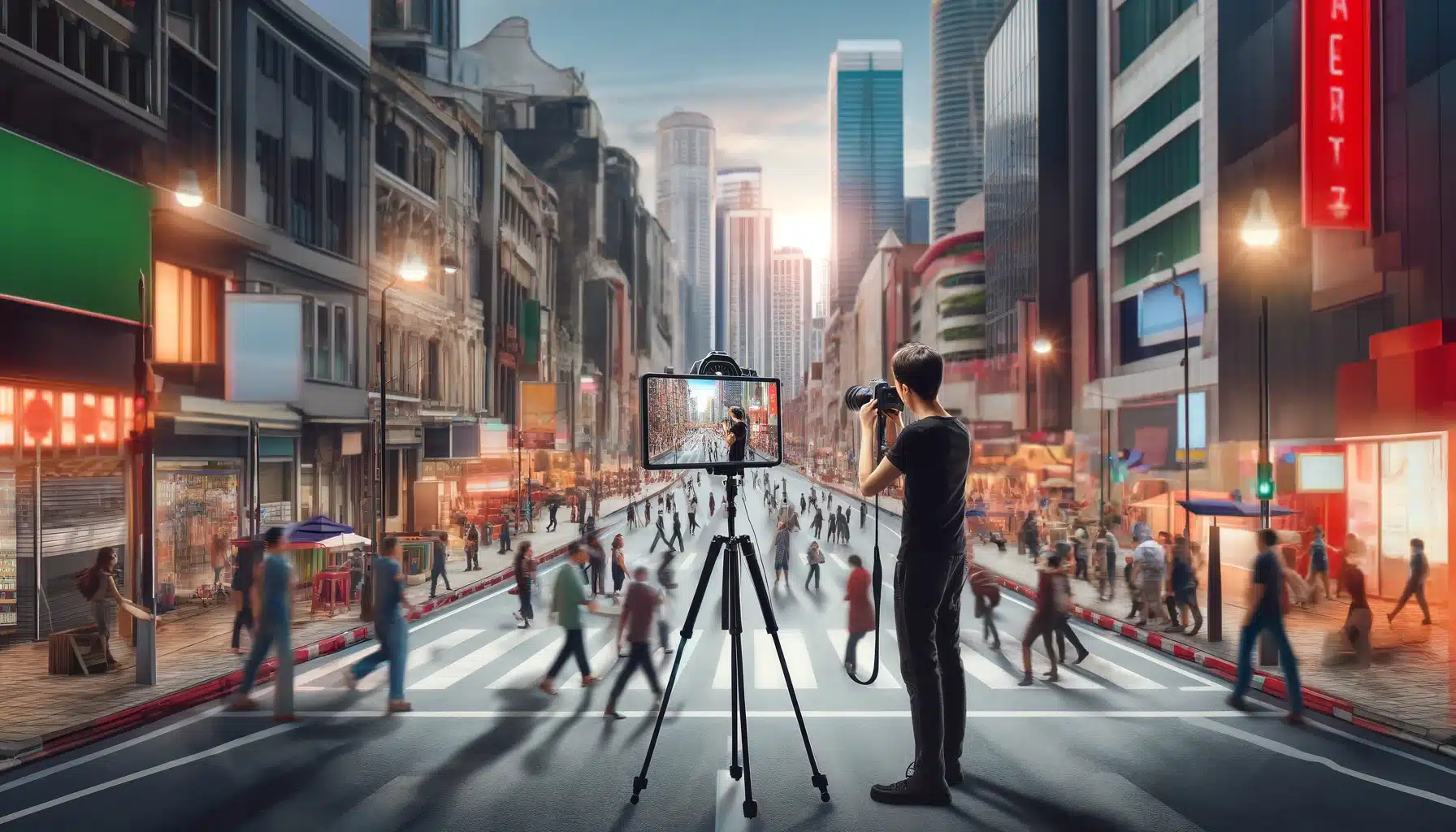
Taking self portraits means you need essential equipment and a bit of creativity. Whether you’re snapping a quick selfie or setting up a professional shoot, having the right equipment can make all the difference. We’ll look at what you need to start your journey into capturing creative self portraits.
Choosing the Right Camera
Selecting a suitable camera depends on what type of photos you want to create. A smartphone with a good camera can serve well if you’re just starting. If you want something better than a phone but still easy, try a point-and-shoot camera. For really creative shots, a DSLR might be your best choice, offering flexibility in settings and lens options.
Essential Accessories
To enhance your photography, consider investing in a few key accessories. A tripod keeps your camera steady, which is great for low light or special effects. To position yourself in the photos without running back and forth to touch the camera, a remote shutter is a great purchase. Moreover, reflectors help illuminate your features more evenly. You can buy one or use something like a piece of white cardboard.
Unique Self Portrait Photography Ideas
To make your portraits truly unique, experiment with creative self portrait photography ideas. Play with shadows or wear fun costumes. Try taking pictures from different heights. A low angle gives your portraits a sense of grandeur while a high angle creates a more creative vibe.
Photo Editing Software
Editing your pictures can make them look amazing. Photo editing software helps you fix colors, add effects, and even change the portrait backgrounds. Adobe Photoshop and Lightroom are great tools for this. There are also simpler apps like Snapseed or VSCO. These apps let you adjust brightness, add filters, and crop your pictures easily.
Planning Your Self Portrait Photography Session
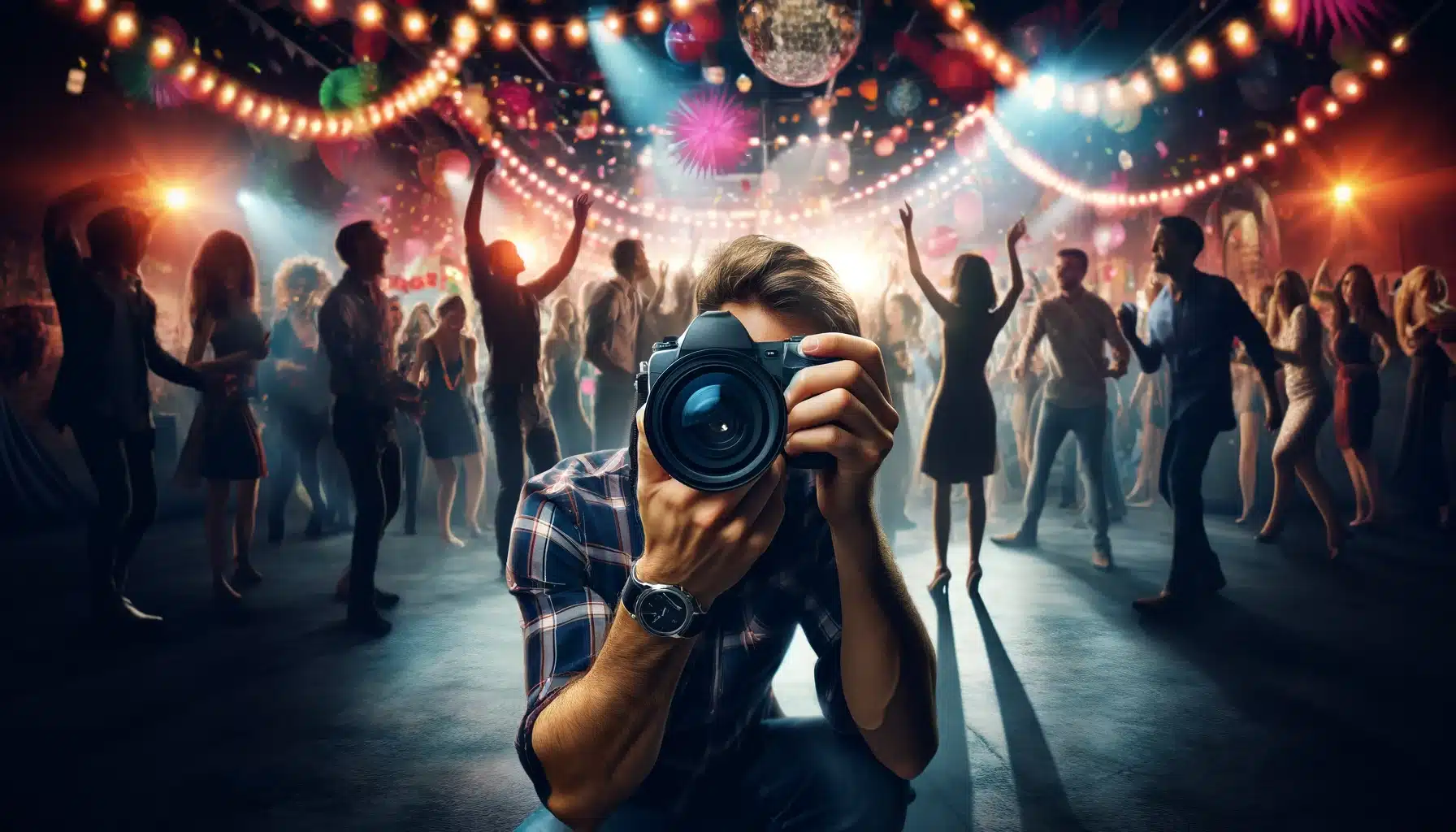
Planning is key to making your self portrait photography session a success. Before you start, think about what you want to achieve. Do you want to show a new side of yourself, or perhaps capture a mood or feeling? Planning helps you figure out what you need to do to get those great shots.
1. Choosing a Theme
Pick a theme that shows what you like or feel. Maybe you love nature or feel happy and want your pictures to show that. Think about what makes you special and use that as your theme.
2. Setting Goals
Next, establish clear, achievable goals for your photography session. This helps you know exactly what to do. For instance, “I want to take five happy photos.” But make sure your goals are something you can really do.
3. Preparing Your Equipment
Before the session, prepare all the necessary equipment such as different lenses, a tripod, or props that align with your theme. Ensure your camera battery is fully charged, and you have ample storage space available for new photos.
4. Scheduling the Right Time and Place
The timing and location of your shoot significantly influence the aesthetics and mood of your portraits. If you want to use sunlight, early morning or late afternoon is the best time. Also choose a location that enhances your theme, whether it’s a quiet park, a bustling street, or a room with meaningful decorations.
Popular Themes for Self Portrait Photography Ideas
Exploring different themes and concepts in self portrait photography allows you to showcase various aspects of your personality. Here, we’ll compare some popular themes to help you understand their unique characteristics and decide which might resonate with you.
| Theme | Description | Visual Style | Common Elements |
|---|---|---|---|
| Classic | Focuses on timeless elegance and simplicity | Monochrome or minimal color palette | Formal attire, simple backdrops |
| Modern/Contemporary | Incorporates current trends and styles in art and culture | Bright and bold colors | Modern outfits, urban environments |
| Fantasy | Creates a magical or otherworldly atmosphere | Vibrant, surreal colors | Costumes, fantastical landscapes |
| Abstract | Emphasizes shapes, colors, and textures | Unusual angles and compositions | Blurred lines, exaggerated forms |
| Emotional/Expressive | Captures deep emotions or psychological states | Dark or highly saturated colors | Expressive facial expressions, dramatic lighting |
| Narrative | Tells a story or conveys a sequence of events through the image | Cinematic | Props that convey a message, detailed settings |
Exploring Self Portrait Photography Ideas and Styles
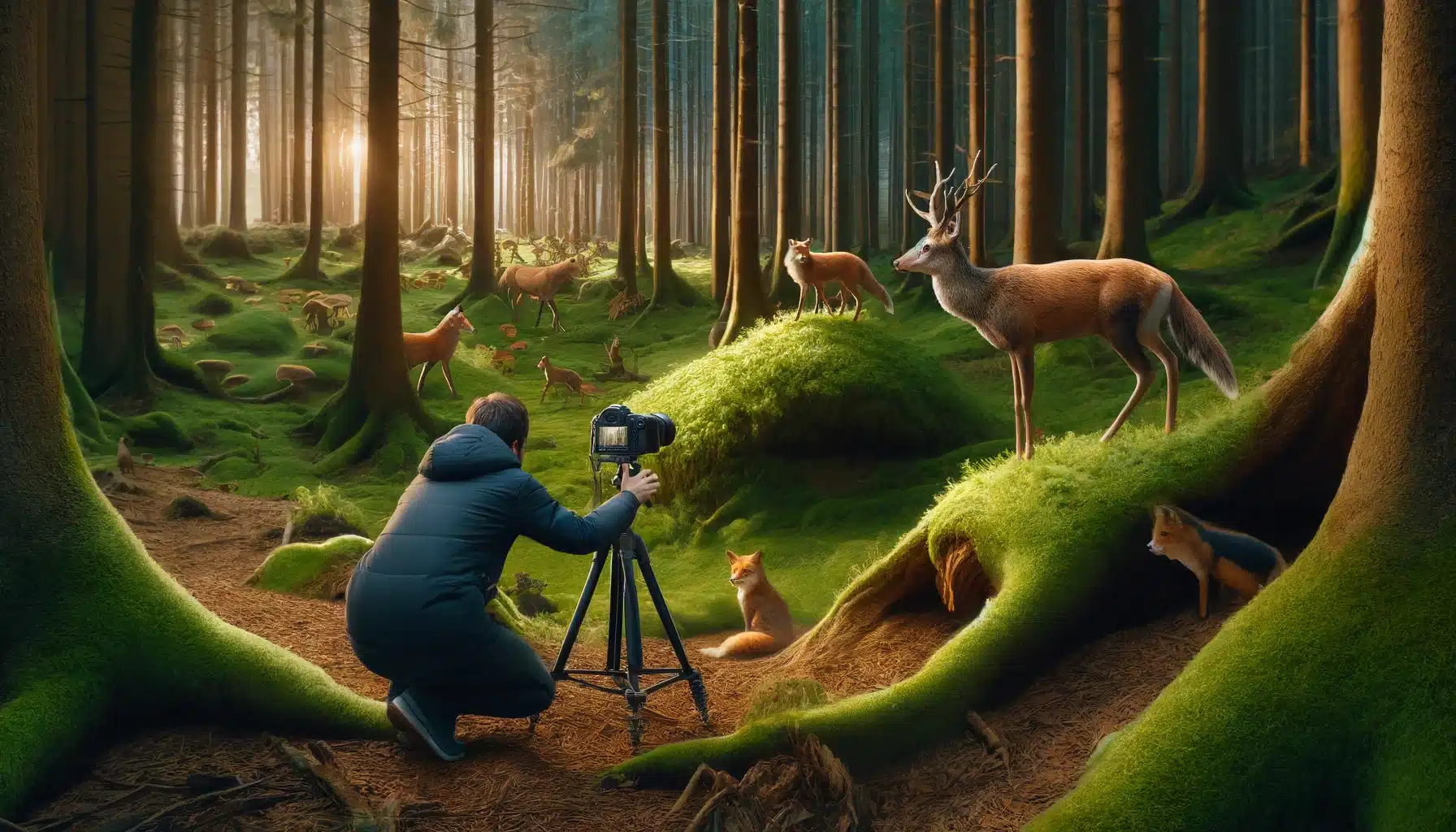
Self portrait photography lets you show who you are in many different ways. Each style can tell a different story about you. Let’s look at how you can use different self capture photography styles and creative ideas to make your photos really special.
Classic and Timeless Portraits
Classic portraits are simple and beautiful. Wear plain clothes and use a simple background like a clean wall. Make sure the camera is straight at your eye level and the light is soft. This style makes you look naturally beautiful.
Artistic and Abstract Portraits
If you like being creative, try artistic portraits. You can use bright colors and unusual angles. Maybe blur some parts of the picture on purpose. You can also play with shadows to make cool patterns. This style is fun because you can try new things.
Modern and Trendy Portraits
Modern portraits show what’s new and cool right now. Use the latest fashion and add effects with photography apps. You can also use things from popular culture in your photos. This style is great if you like following trends.
Emotional and Expressive Portraits
Expressive portraits show your feelings. Think about an emotion you want to share, like happiness or sadness, and use your face and body to show this feeling. Pick lighting that fits the mood—bright for happy and dark for sad. This style is personal and can tell a deep story.
Exploring Self Portrait Photography Ideas and Styles
1. Right Lighting
Lighting can change a lot about how your image looks. When you use lighting well, it makes your face clear and adds beauty to your pictures. Try to take pictures near a window or outside when the light is soft and pretty, like in the morning or late afternoon. If you are inside, use lamps to shine light on your face. Shadows can add a cool, artistic look. Try different angles to see how you can create interesting shadows on your face or background.
2. Perfect Background
The background is important because it tells part of your story, without taking over the shot. Keep it simple, like a plain wall or a simple scene so you are the main focus. But if you want your picture to tell a story, pick a background that fits your theme. For example, use nature for a calm picture or bright colors for a fun one. Colors can make your photo feel happy, sad, or excited.
3. Focus on Composition
Where things are in your photo is called composition. It helps guide people looking at the images to see what’s important. Try the rule of thirds; imagine your image is divided into nine equal parts by two horizontal lines and two vertical lines. Place important parts of your shot like your eyes along these lines or at their intersections. Also, get close enough to fill important parts of the frame so they are easy to see.
Simple Camera Settings for Self-Portrait Photography
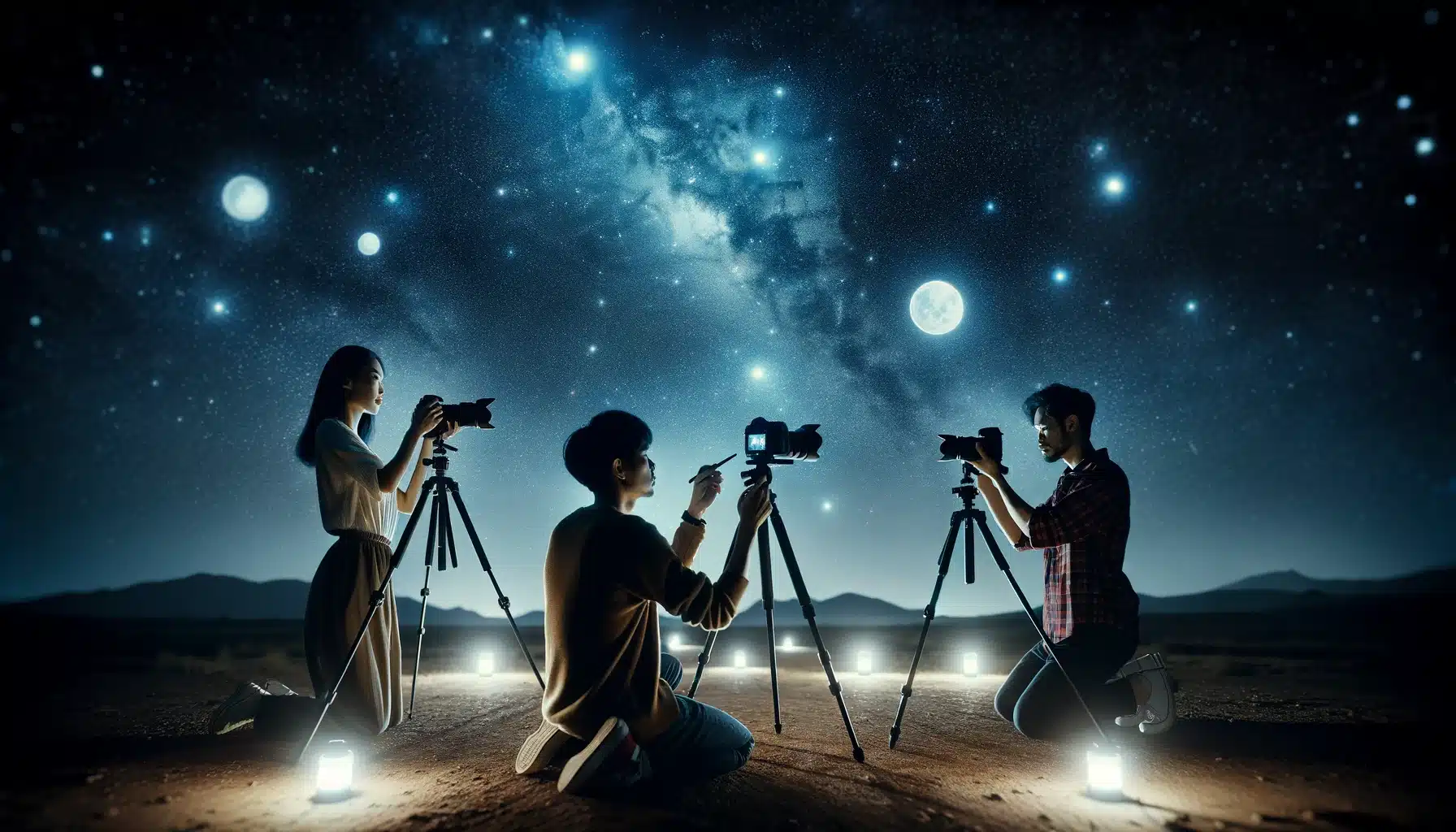
Capturing a self-portrait involves not only creativity but also a clear understanding of camera settings. Let’s simplify the process by focusing on key settings like aperture, ISO, and exposure, which are crucial for shooting great self-portraits. Using these settings effectively can make your work stand out.
1. Aperture
For self-portraits, the aperture setting is vital because it determines the depth of field. A lower f-number (like f/2.8 or f/4) creates a shallow depth of field, which blurs the background and keeps the focus on your face. This is ideal for making the subject stand out. If you’re shooting in a more scenic location and want the background to be part of the story, a higher f-number (like f/11 or f/16) might work better.
2. ISO
ISO controls the camera’s sensitivity to light. In bright conditions, a lower ISO (100 or 200) is perfect as it will reduce the noise and keep the image quality high. In darker settings, you might need to increase the ISO (800 or higher) to capture more light. However, be mindful that higher ISO settings can make the photos grainy. It’s a balance that requires some experimentation in the shooting process.
3. Exposure/Shutter Speed
Exposure, or shutter speed, affects how long your camera’s sensor is exposed to light. For self-portraits, especially if you’re holding the camera or using a selfie stick, use a faster shutter speed (like 1/200 sec or faster) to prevent motion blur. If the camera is on a tripod and stability isn’t an issue, you can use a slower shutter speed to allow more light in, which is helpful in low-light conditions.
4. Use a Tripod and Timer
To get sharp and well-composed shots, using a tripod is recommended. Set your camera on a tripod and use a timer or a remote control. This allows you to prepare your pose and ensures the camera stays steady during the shooting process.
Addressing Common Challenges in Self Portrait Photography
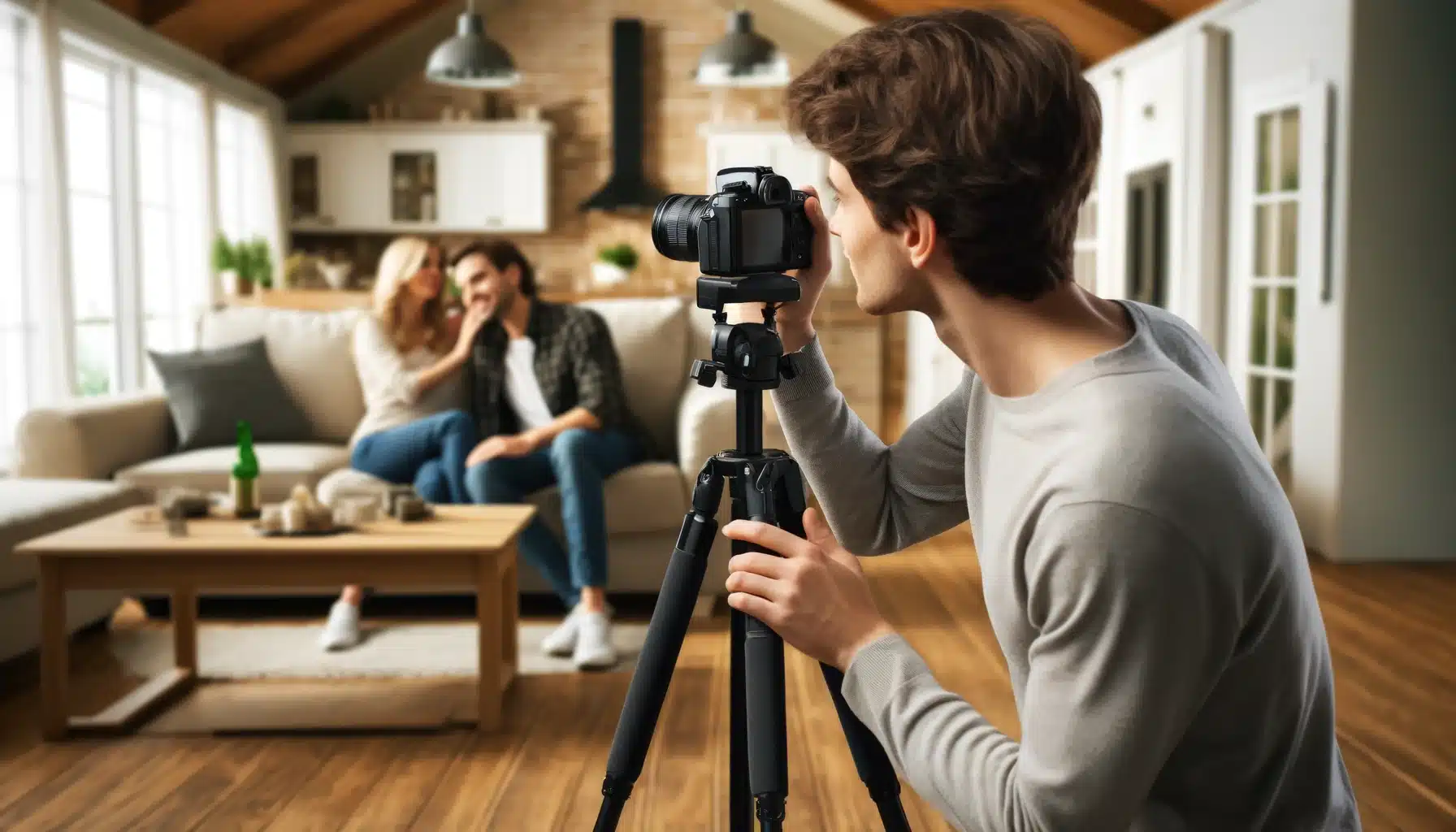
Self portrait photography can be tricky, but with a few tips, you can overcome common challenges. Photographers often face problems like bad lighting, focusing issues, and not knowing how to pose. Let’s explore how to solve these problems so you can take better pictures.
| Challenge | Description | Solutions |
|---|---|---|
| Poor Lighting | Bad lighting can make photos look dull or unclear. | Use natural light whenever possible, position yourself near windows, or use lamps to brighten the scene. |
| Focusing Issues | It can be hard to focus the camera when you are also the subject. | Get a tripod and set your camera to auto-focus on a spot where you will be, or use a remote to adjust focus after positioning yourself. |
| Awkward Posing | Finding the right pose without guidance can feel awkward and result in less engaging photos. | Practice poses in front of a mirror to see what looks best, consider your body language and facial expressions, and think about the message you want to convey. |
| Distracting Backgrounds | Busy or inappropriate backgrounds can detract from the subject of the portrait. | Choose a simple or relevant background, use a backdrop if indoors, or adjust the depth of field to blur the background. |
| Lack of Creativity | Sometimes, it’s hard to think of new ideas or creative approaches for your self portraits. | Seek inspiration from other photographers, experiment with themes and props, or change locations to spark creativity. |
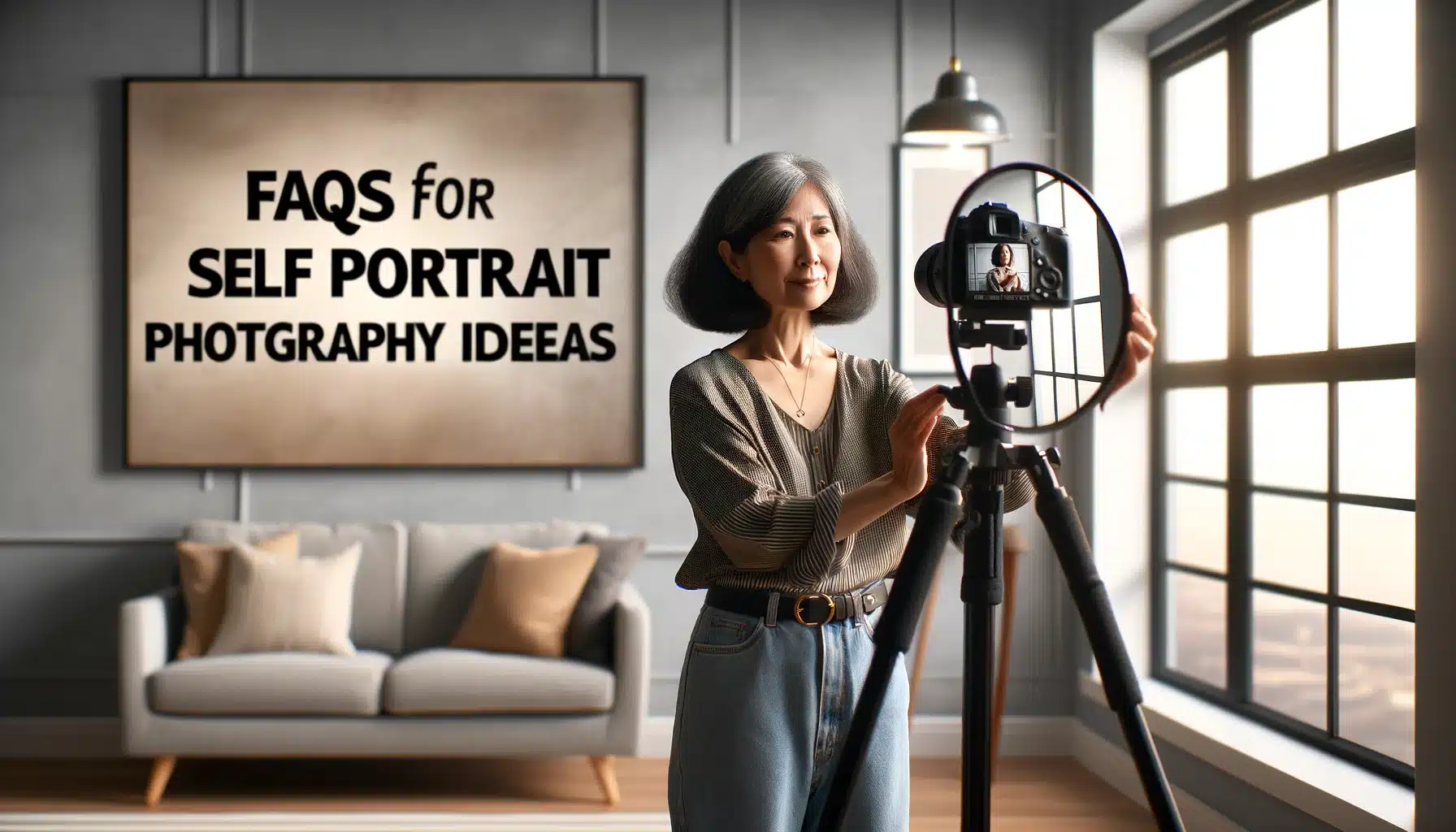
FAQs about Self Portrait Photography Ideas
DIY portrait photography often raises questions, especially for those just starting out. Here are some common questions about self portrait photography ideas that can help you understand the basics to get you started.
How do I start self portrait photography?
To start self portrait photography, you need a camera and a place with good light. Use a camera you have, like a phone or a digital camera. Find a spot where the light makes you look nice, maybe near a window or outside in the morning or late afternoon. Set up your camera on a stable surface or a tripod, set the timer, and pose. Check your photos and try again if you need to change something.
What is the concept of self-portrait photography?
A self portrait shows more than just what you look like. It uses your ideas and feelings to make the picture special. You can use different backgrounds, clothes, or props that tell a story about you or show how you feel. Creative self portraits let you be fun and imaginative with your pictures.
How to make a self-portrait?
Self portrait is how you choose to show yourself in your pictures. It can be simple and real, or fancy and artistic. You decide how to dress, where to take the picture, and how to pose. Your style can change depending on what you want to share about yourself in each picture.
How to take aesthetic self-portraits?
To take aesthetic self-portraits, find a location with good natural light, such as near a window or outdoors during the golden hours just after sunrise or before sunset. Set up your camera on a tripod and use a timer or remote control to capture the shot, allowing you to experiment with different poses and expressions freely. Lastly, consider the background and your outfit to ensure they complement the mood or theme you are aiming to express in your portrait.
Conclusion
Exploring self portrait photography ideas has taught me a lot about capturing my own image. One time, I used just a scarf and a chair in my living room to create some really expressive photos. This project not only made me better at using my camera but also helped me come up with new creative self portraits ideas.
If you’re excited to dive deeper into self portrait photography, or even text portrait editing, or want to brush up on your skills, check out our comprehensive courses. Whether you’re interested in mastering Photoshop or want to explore the vast features of Lightroom, we have the perfect course for you. Join our Photoshop Course and Lightroom Course and start transforming your creative self portraits into works of art today!
Have a nice photoshoot!
Learn more about Photography Techniques:


